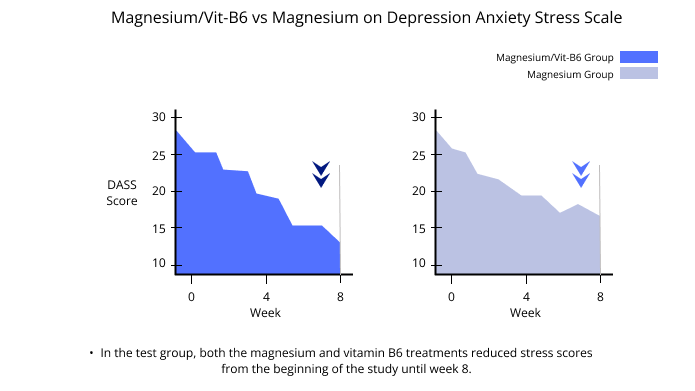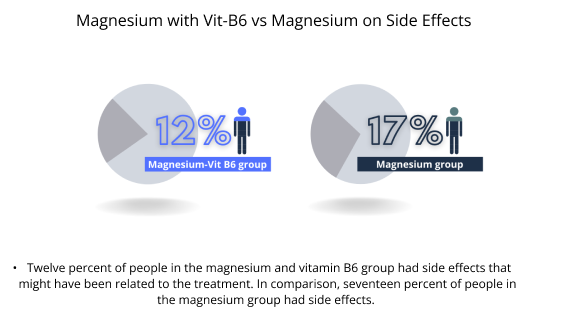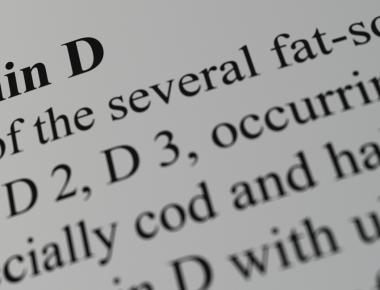
The Combination of Magnesium and Vitamin B6 to Reduce Severe Stress

Table Of Contents
Magnesium is a mineral that is important for the body. It helps with over 600 different things, including hormones. When we are stressed, our magnesium levels can go down. This makes us stressed out more and harder for us to resist stress
The Relationship of Magnesium and Stress
The relationship between magnesium and stress was found in a study that showed that women who had low magnesium levels were more stressed. Other studies have also shown that magnesium can help reduce stress symptoms. In a study of 46 healthy adults, those who took magnesium supplements for 8 weeks felt better and had less insomnia, a sign of stress. Another study showed that students who took magnesium supplements for a month had lower cortisol levels, a stress marker.
Effects of Vitamin B6
Pyridoxine, also known as vitamin B6, is a vitamin proposed to help reduce stress. Vitamin B6 helps by affecting neurotransmitters which can affect a person’s mood and reduce blood pressure. In animal studies, it was found that high doses of vitamin B6 could correct low magnesium levels and prevent stress-induced gastric ulcers. Magnesium and vitamin B6 work together to help reduce stress. However, no study has looked at whether magnesium and vitamin B6 supplementation helps reduce stress in people with low magnesium levels.
Combining Pyridoxine and magnesium can help with magnesium deficiency. The combination has been shown to work better than magnesium alone to relieve symptoms of magnesium deficiency in animals. This study aimed to compare the combination of magnesium alone and magnesium with B6 in stressed, healthy adults with low magnesium levels.
The Study of People With High Stress and Low Magnesium
In this trial, people with a high-stress score and low magnesium levels were given either a magnesium and vitamin B6 supplement or just magnesium. The primary goal was to see if the magnesium and vitamin B6 supplement could reduce stress levels by 8 weeks. The supplement was also found to reduce stress levels by 4 weeks. There were no serious side effects
The Results
People between 18 to 50 years of age experiencing moderate to severe stress were chosen for this study. Additionally, these people must have had low magnesium levels in their blood, as measured by their local doctors. The study looked at how well magnesium worked to reduce stress levels in these people. People with a high body mass index or using contraception were also chosen for the study. People who couldn’t take certain drugs had severe kidney disease or had diabetes was not chosen for the study.
In the test group, both the magnesium and vitamin B6 treatments reduced stress scores from the beginning of the study until week 8. There was no difference between the two groups, but the study found that adults with severe stress had a more significant improvement with magnesium and vitamin B6 than with magnesium alone. Twelve percent of people in the magnesium and vitamin B6 group had side effects that might have been related to the treatment. In comparison, seventeen percent of people in the magnesium group had side effects.


The Conclusion
The test shows that oral magnesium supplements help reduce stress in adults who have low magnesium levels in their blood. The study also found that adding vitamin B6 to the magnesium supplement did not help any more than the magnesium supplement alone. The study also found that magnesium supplements help reduce stress in adults who have a lot of stress.
Reference
Related Posts




Quick Links
Legal Stuff



